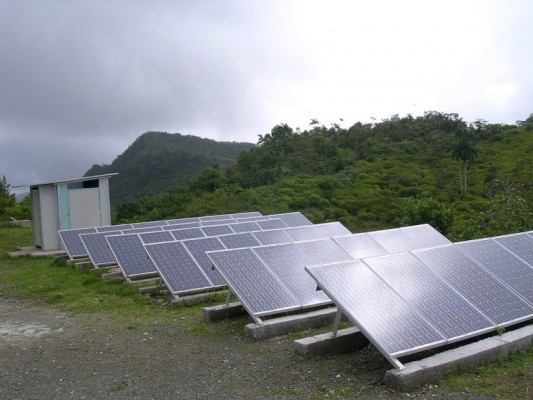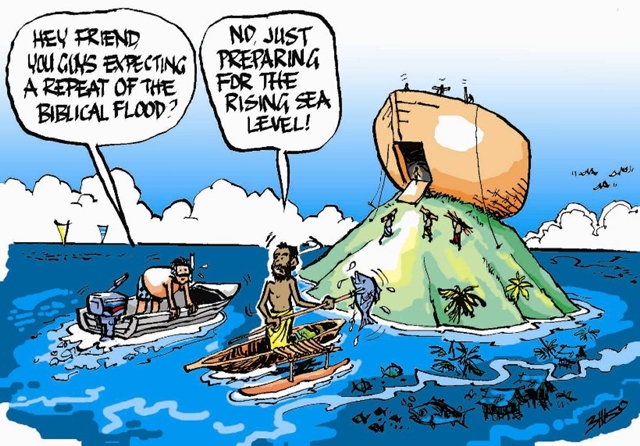
Sustainable Development and Climate Change: Interview with Dr Adrian Macey
by May Guise on 29th May 2012
Dr Adrian Macey is Senior Associate of the Institute of Policy Studies at Victoria University’s School of Government in Wellington, New Zealand, and has a background in climate change negotiations. I met with Dr Macey to get his take on the upcoming Rio+20 summit.
How did you get involved in the climate change area?
Following placements with the New Zealand Ministry of Foreign Affairs and the OECD in Paris, I was appointed NZ’s first Climate Change Ambassador in 2006. This was just after Montreal [Climate Change Conference, 2005], when there was a lot of momentum in this area. New Zealand was one of the very first countries to have a Climate Change Ambassador, others have since adopted similar posts. I have since been the Vice-Chair, then Chair, of the UNFCCC Kyoto Protocol negotiations (2010-2011).
What do you think Rio+20 can realistically achieve?
There are inflated expectations for the summit, it’s become a kind of catch-all for many international debates. What I think Rio+20 can and should deliver is a set of high level international statements – on sensible sustainable development goals, on green growth, on moving away from fossil fuels – that can then be transformed or carried forward by the private sector as well as governments.
From a policy perspective, what do you consider the main areas national governments need to concentrate on to make real inroads for sustainable development?
Central government can play a coordinating or linking role, setting firm policy statements and creating financial incentives for the private sector to do what government cannot do, or cannot do quickly.
Governments can also link with other carbon markets and cap-and-trade schemes, such as via New Zealand’s Emissions Trading Scheme (ETS), and perform a knowledge-sharing function.
Your background is in negotiations to combat climate change, which influences almost all of the key themes highlighted for Rio+20 (oceans, disasters, energy, food). Do you think climate change is getting sufficient airtime, nationally and/or internationally?
There has been a massive shift in attitudes in recent years, a lot of it as a result of the international negotiations. In New Zealand and other countries, domestic mitigation measures are less exclusively linked to international obligations now. For some, such as China, domestic reasons for climate change policies dominate.
For people who want to get involved in working toward sustainable development and reducing global warming, is it still a case of acting locally to effect change globally? Are there other avenues or methods you would suggest?
Setting national priorities can make a difference, generating domestic appeal and linking it to regional or global initiatives, such as Rio+20.
But to drive the transformation of the world towards lower emissions growth, you need massive investment, most of which won’t come from governments. Setting a price for carbon, determining how electricity is generated – you need government-business partnerships for these larger issues.
I heard a statistic recently that one-third of New Zealanders do not believe in climate change. What would you say to convince people of the reality of climate change and the necessity to take action against its effects?
Rather than being emotional or preachy, I’d bombard them with some carefully chosen facts. It’s patient work, and a lot of it comes down to green growth and government leadership (see the recently released report from the Green Growth Advisory Group).
You have represented New Zealand at global tables, as well as taking on chairperson roles at such events. Do you think New Zealand has a different perspective on issues such as climate change and sustainable development given its geographic location, or are we pretty similar to the rest of the global North?
We share a large degree of commonality with the EU, the United States, etc, in that we agree that climate change is real and that we need to have all emitters involved.
In New Zealand, we have a particular awareness of the needs of the South Pacific, for example as regards financing or technology, and we have good links with the smaller island states in the region.

Credit: http://www.theurbn.com/2012/05/sustainable-development-climate-change-adrian-macey/


































